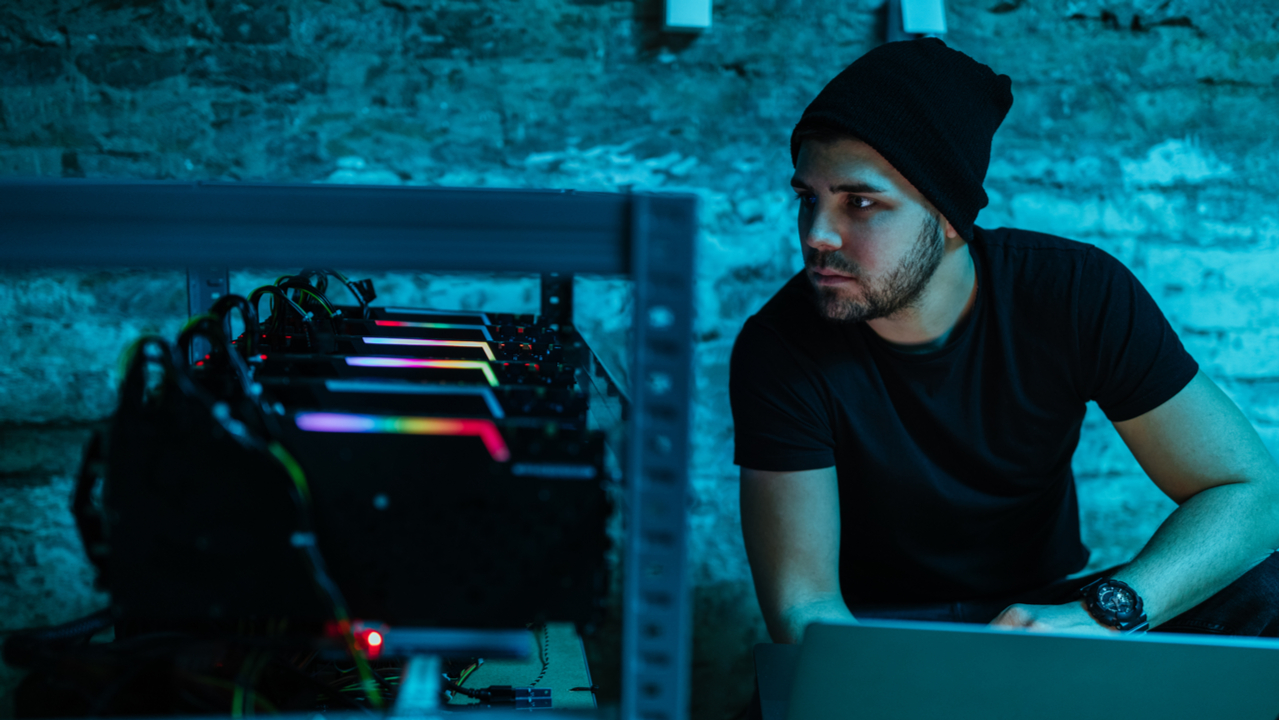
Russians mining cryptocurrency in their homes have been blamed for the problems with the electricity supply in Irkutsk. Power outages have become a frequent occurrence in the region which maintains the lowest electricity rates in Russia. Subsidized household energy has turned mining into a source of income for many locals.
Electricity Consumption Spikes Amid Spread of Home Crypto Mining in Irkutsk
Power grid operators in Irkutsk have been dealing with a growing number of outages. The region and the city are experiencing a tangible increase in electricity consumption that overloads the distribution network. Local officials claim this has been caused by cryptocurrency miners who mint digital currencies in their apartments, basements, and garages.
As a way out of the exacerbating situation, they are now proposing a set of measures to address the challenges. Authorities want to upgrade the capacity of the distribution network in Irkutsk Oblast, introduce higher tariffs for crypto miners and establish special platforms to host their activities, the Russian business daily Kommersant reported.
In December, various parts of Irkutsk experienced either planned or emergency outages, the publication reveals. Since June, there has been a sharp increase in the pressure on the grid in residential areas, the local utility told the newspaper.
“Despite the warm weather in November, the load increased by almost 40% compared to last year. The significant loads on the power networks and the growing number of outages are associated with the activities of miners,” the Irkutsk Electric Grid Company (IESC) explained. Its calculations show that consumption in the city of Irkutsk has surged by 108% for the whole of 2021.
IESC emphasized that coin minting is very energy-intensive as the equipment operates around the clock. Engineers warn that the existing electrical networks in towns and cities are not designed for the constant, “industrial” load that the mining hardware creates. The company has been forced to cut off the supply in many areas to replace fuses and install power lines with higher capacity.
Over 1,100 Cases of ‘Gray’ Crypto Mining Registered in 2021
Utilities in the region have been trying to locate the mining facilities responsible for the spike in consumption. “In Irkutsk, 21 electrical installations suspected of cryptocurrency mining were identified… Mining equipment is installed on balconies, in residential premises and basements of apartment buildings,” Irkutskenergosbyt announced.
During the raids, inspectors have found more than 1,100 cases of the so-called “gray” mining in the Irkutsk Oblast in 2021. A recent report unveiled that Irkutskenergosbyt utility has filed 85 lawsuits against people involved in home crypto mining with claims totaling 73.3 million rubles (over $980,000). It has already won nine court cases from which it expects to receive 18.7 million rubles ($250,000) in compensation.
In December, the federal government in Moscow allowed authorities in Russian regions to independently determine local electricity rates for the population. The measure is expected to increase the costs of amateur crypto mining. Subsidized household electricity in Russia is often used to mint digital currencies at homes.
Irkutsk, which has been called the mining capital of Russia, has the lowest rates in the country at only 0.86 rubles ($0.01) per kWh when the average tariff in Russia is six times higher. Calls have been mounting among officials in Moscow and regions like Irkutsk to recognize mining as a business activity, introduce higher electricity rates for miners and tax them. A working group at the State Duma is discussing regulatory proposals for the sector and other crypto-related activities.
Do you expect Russia to soon regulate cryptocurrency mining and raise electricity tariffs for miners? Tell us in the comments section below.
Comments
Post a Comment